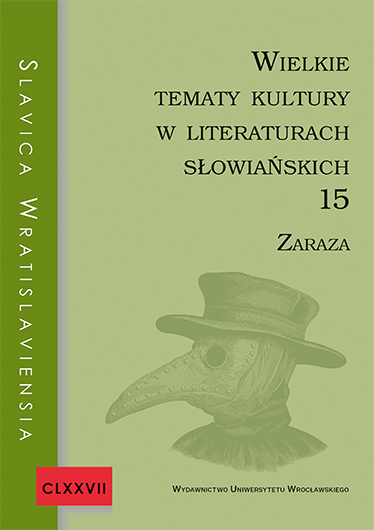

Artykuły

Metaphors are a way of understanding and expressing difficult and abstract matters. The image of a community infected with a fatal and disgusting disease is a popular medium for social criticism utilized in different cultural contexts, including the literary field. In this article, the author examines the specifics of the use of the maladic metaphor in the novel Libenkraft’s Disease by Oleksandr Irvanets. The various approaches to the issues that are the crux of the anxious and dark meaning of this text allow us to come to several conclusions. The perspective of utopian studies proves that — contrary to previous fi ndings — the novel should be classified as an apocalyptic utopia. Postcolonial criticism of the cultural representation of violence shows that Libenkraft’s Disease is one of numerous texts in Ukrainian literature that propose settling past accounts by way of revenge. The findings of René Girard and Susan Sontag allow us to confirm the dangerous closeness of the epidemic metaphor to the phenomena of symbolic violence and social oppression also in the contents of Irvanets’s novel. The confrontation between the visions included in Libenkraft’s Disease and the current situation in Ukraine prompts readers to conclude that, at least in the case of this novel, the author deserves to be called a prophet of the past.